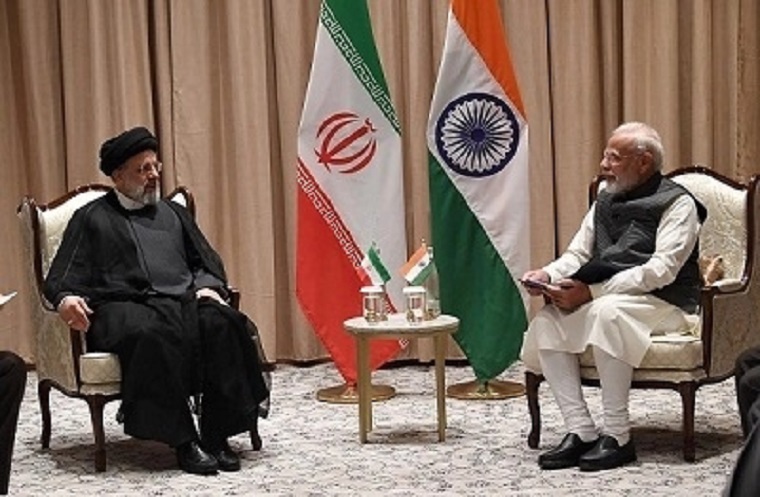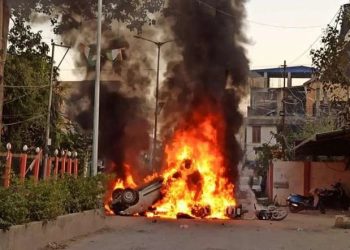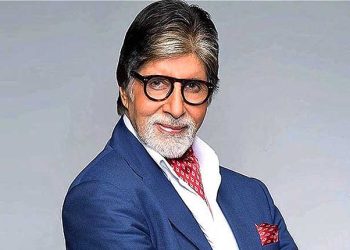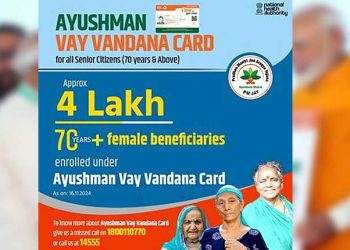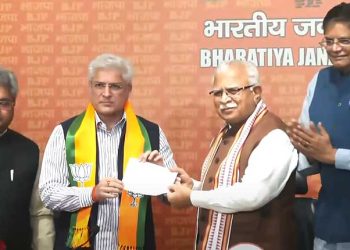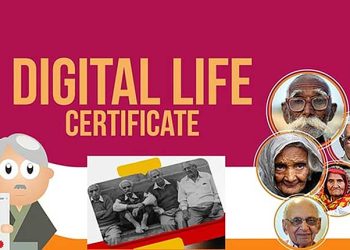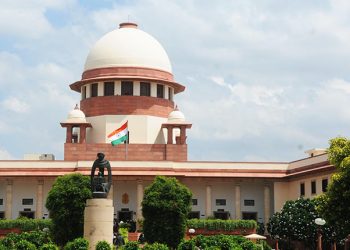New Delhi: Discussions on regional connectivity, primarily on the development of strategic Chabahar Port as a commercial transit hub for the landlocked countries of Central Asia, were high on the agenda of Prime Minister Narendra Modi’s meetings with the Presidents of Iran and Uzbekistan in Samarkand Friday evening.
New Delhi has for long been batting for the improvement of the transport and logistics architecture of the Eurasian region and since the takeover of operations by India Ports Global Chabahar Free Zone (IPGCFZ) in December 2018, the Shahid Behesti Terminal of Chabahar Port in Iran has witnessed a gradual increase in transit traffic between Central and South Asia through the transportation corridor.
Last December, during the second Trilateral Working Group meeting between India, Iran, and Uzbekistan on the joint use of Chabahar Port, India emphasised its linking to the International North-South Transport Corridor (INSTC) – a mechanism that allows Uzbekistan and other Central Asian countries to connect to Chabahar for the transit of goods.
On the sidelines of the 22nd Meeting of the Council of Heads of State of the Shanghai Cooperation Organisation (SCO) in Samarkand on Friday, PM Modi, Iranian President Ebrahim Raisi and Uzbekistan President Shavkat Mirziyoyev underlined the historic and civilisational connections between their nations and exploiting the full potential of Chabahar Port to further strengthen the bond.
“The two leaders reviewed the progress in the development of the Shahid Behesti terminal, Chabahar Port, and underscored the importance of bilateral cooperation in the field of regional connectivity,” PM Modi’s office said after the first meeting between the two leaders since Raisi took over as Iran’s President in 2021.
India has also utilised the Chabahar port to ship lakhs of tonnes of wheat and pulses as humanitarian food assistance to Afghanistan since 2020, especially during the Covid-19 pandemic.
During his meeting with the Iranian President on Friday, Prime Minister Modi reiterated India’s priorities of providing humanitarian assistance to the people of Afghanistan.
“Ayatollah Raisi described the current relations between the two countries as friendly and cordial and added: using the existing capacities in the oil and gas industry, transportation, and especially the Chabahar-Central Asia transit route, as well as cooperation in regional and international issues that the two countries are concerned about,” said a statement from Raisi’s office after the meeting with PM Modi.
Connectivity, including greater usage of the Chabahar port and the International North-South Transport Corridor, was also considered the key to unlocking the full potential of trade and investment between India and Uzbekistan during Modi-Mirziyoyev bilateral meeting.
“Particular attention was paid to strengthening partnership relations between the regions of the two countries. It was noted that Uzbekistan is interested in strengthening transport links with India, including using the port of Chabahar,” Uzbekistan President’s office said after the two leaders discussed the prospects of further strengthening of strategic partnership.
As both countries mark the 30th anniversary of the establishment of diplomatic relations, the leaders indicated that the volume of mutual trade is increasing with a 30 per cent growth in 2022 so far.
With Chabahar Port and INSTC providing a more economical and stable route for landlocked countries of the Central Asian region, it is believed that India’s efforts on having an inter-connected Eurasia will bear fruits in the coming years, especially as it takes over the rotating SCO Presidency for the first time till September 2023.
(IANS)



